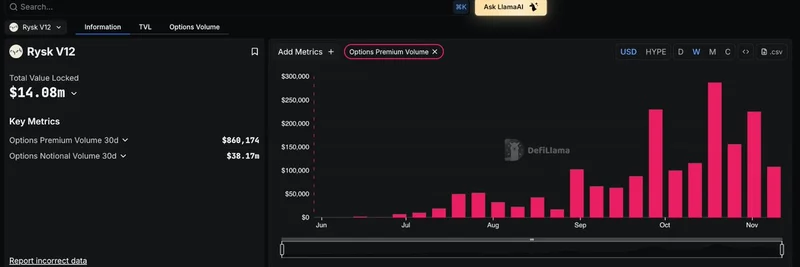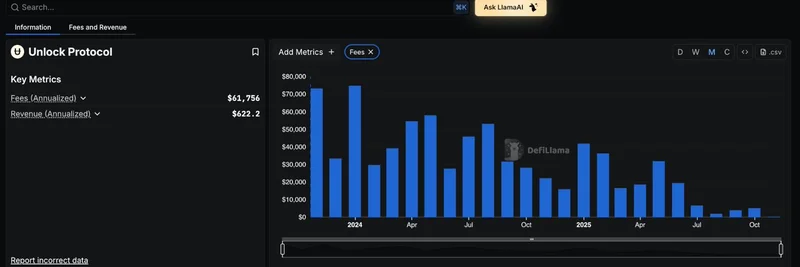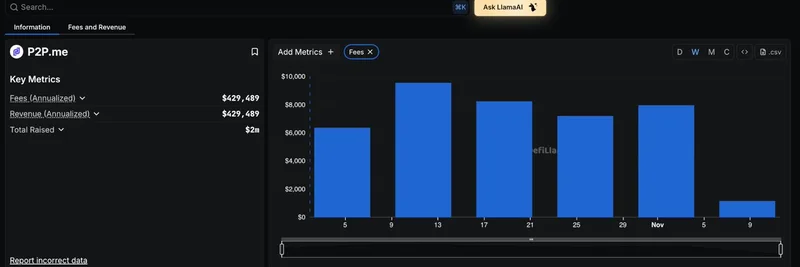Ever wondered how a guy frustrated with glitchy everyday tech in Istanbul ends up revolutionizing blockchain? That's the story of Emin Gün Sirer, the brain behind Avalanche and CEO of Ava Labs. In the latest episode of the When Shift Happens podcast, host Kevin from KevinWSHPod dives deep into Sirer's wild ride—from academia to crypto frontiers—and unpacks why he believes everything of value should live on-chain.
Sirer's journey kicks off in Turkey, where unreliable systems like crashing banks and faulty doors sparked his passion for building stuff that actually works. Fast-forward through Princeton, a PhD, and nearly two decades at Cornell, and you've got a self-proclaimed "geek" obsessed with large-scale, self-organizing distributed systems. Crypto was a natural fit, but not without some early experiments.
Back in 2002, way before Bitcoin hit the scene, Sirer cooked up Karma, an internet currency aimed at curbing freeloaders in file-sharing networks. It used proof-of-work for minting coins with a fixed supply to reward good actors. Solid idea, right? But Sirer admits Satoshi Nakamoto took it to the next level by tying consensus directly to coin creation via mining and framing Bitcoin as a global store of value post-financial crisis. "He nailed two fronts that I did not," Sirer reflects.
Not one to shy away from tough questions, Sirer stirred the pot in 2013 with his "selfish mining" paper. Co-authored with a colleague, it revealed how miners could game the system by withholding blocks to snag more rewards, challenging the myth that Bitcoin was fully secure below 51% hash power. The backlash was brutal—death threats, calls for his firing from Cornell—but later research backed him up. His goal? Not to bash Bitcoin, but to make the ecosystem stronger by facing hard truths.
Sirer has no love for maximalism, calling it "absolutely horrible" and more like religion than tech. Sure, it rallies communities and pushes narratives like Bitcoin's store-of-value role, but clinging to dogma stifles innovation. Instead, he champions the scientific method: test, iterate, improve. That's the ethos driving Avalanche.
Speaking of which, Avalanche isn't just another blockchain—it's a "network of networks." Sirer positions it as the third major consensus family, beyond Nakamoto's proof-of-work and classical methods like PBFT. The big idea? Ditch single-chain bottlenecks. Let high-demand apps spin up their own customized blockchains with dedicated validators, all while interoperating smoothly. "Avalanche is not a single chain. It allows anyone to build their own blockchain on top," he explains. In a world of exploding adoption, scalability wins.
This multi-chain magic shines in gaming. Think transparent economies where item scarcity is verifiable on-chain—no more shady drops from studios. Avalanche powers titles like the intense Off The Grid and the classic MapleStory Universe. Players get console-quality experiences backed by blockchain trust, making assets truly ownable and tradable.
But Sirer's sights are set higher: real-world assets (RWAs) as DeFi's bedrock. Imagine digitizing land records for instant ownership verification and lightning-fast transfers. Use that property title as collateral in minutes, not weeks. With real estate alone worth $200 trillion, tokenizing the world's assets could unlock hundreds of trillions on-chain, transforming finance from the ground up.
Of course, no crypto chat is complete without addressing hurdles. Sirer owns up to Ava Labs' marketing shortcomings—they focused on building over hype. But the tide's turning: we're entering a "show me" era where actual working tech trumps influencer vibes. Personal trials, like family health battles during COVID and getting debanked, only fueled his resolve to decentralize power and fix big tech's ills like data grabs and wealth ho
- Let's search for more details to craft an engaging title.
arding.
User experience is the next frontier. Wallets still suck, but Ava Labs is innovating with Core, a sleeker interface, and even AI agents that let you command blockchains in natural language—French, Tagalog, whatever. "Say it, and the chain's agents interpret and execute," Sirer says. If crypto's to go mainstream, it needs to feel as effortless as the early web.
Why base in New York? Simple: that's where the money and institutions are. Avalanche aims to be the speedy settlement layer that even Bitcoin can plug into, with proof-of-work for extra security on key decisions.
Sirer's chip on his shoulder from those broken Turkish systems? It's evolved into a platform ready to handle the modern economy's chaos. As crypto shifts from promises to proofs, Avalanche is positioned to prove it's the fix for what ails centralized tech. Check out the full episode on YouTube or your favorite podcast app for the unfiltered convo—it's a must-listen for anyone eyeing blockchain's future.




